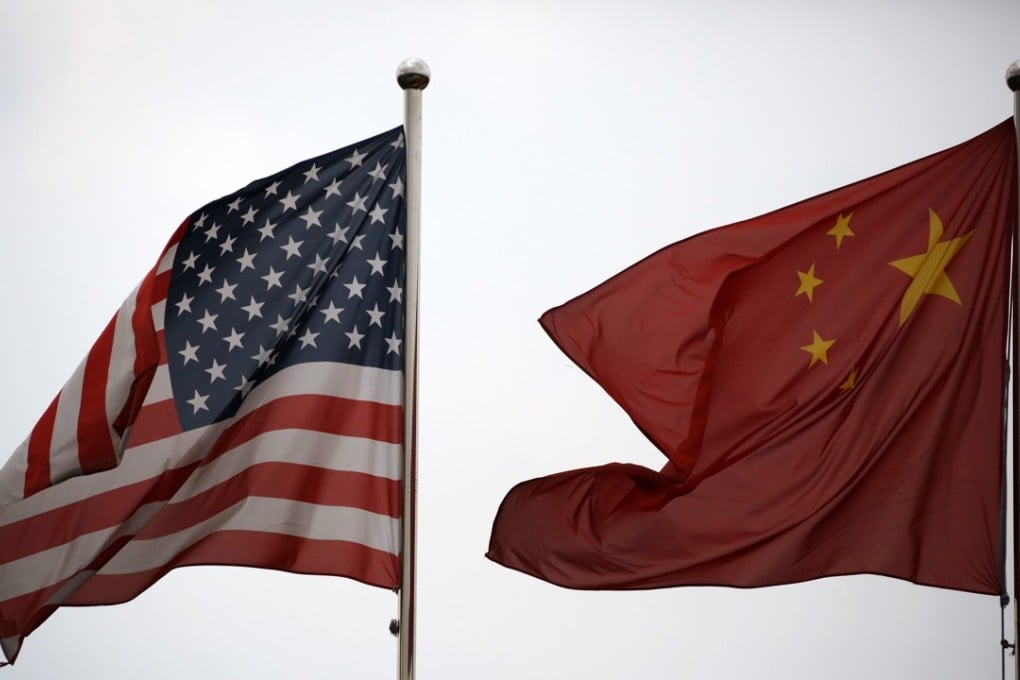Opinion | China would be wise to avoid going MAD in the trade war
A proposal by China’s former finance Lou Jiwei to hit back at the US by withholding key exports would backfire, because Washington’s bigger arsenal means ‘mutually assured destruction’ would not be mutual

Now that US President Donald Trump has imposed a 10 per cent tariff on yet another US$200 billion worth of Chinese imports, the US-China trade war has entered a costly new phase. As China follows through on its pledge to retaliate, the casualties will include more than half the bilateral trade between the two, with China itself suffering the most losses.
Whereas China exported US$506 billion worth of merchandise to the United States in 2017, it imported just US$130 billion of US goods. That means, in a dollar-for-dollar slugging match, China will quickly run out of steam. Lacking powerful counterpunches, China now has some of its most creative political minds searching for novel means of retaliation.
One idea, in particular, has attracted a lot of attention in the press, mostly because it comes from Lou Jiwei, a former minister of finance who now heads the National Council for Social Security Fund, China’s national pension fund. In a defiant speech at the China Development Forum on September 16, he proposed withholding exports of goods that American companies need, thereby severely disrupting US supply chains for three to five years at least. Such a manoeuvre, Lou mused aloud, would be painful enough to influence US elections.
True, many products manufactured in the United States depend on imports of intermediate goods from China. Should China cut off those supplies, under the legal fig leaf of “export restraint”, US companies would be unable, at least in the short term, to find alternative sources. The disruption to the US economy would be severe, but the damage to China’s economy would be worse, because the US produces even more critical intermediate goods that China would be unable to get anywhere else.
Of course, proponents of Lou’s approach know that China would suffer. They have faith in the deterrent of “mutually assured destruction” (MAD) – the principle that, if an attack by one country means the decimation of both, neither would make the first move. During the cold war, the concept of MAD helped to maintain peace, as both the Soviet Union and the US knew that if either deployed any of their nuclear warheads, the other would retaliate. But trade is not nuclear war, and in this conflict the US possesses a much bigger arsenal. If one side’s destruction is not so assured, the logic of MAD breaks down.
The most crucial intermediate good the US can withhold is advanced semiconductors. In April, the US banned the sale of such chips to the Chinese telecoms giant ZTE as punishment for the company’s violations of US export rules. ZTE’s operations were effectively shut down and had Trump not granted a reprieve, ZTE would not have survived.
The US could also order Boeing and United Technologies to withhold aircraft parts and jet engines on which China’s large commercial fleet depends, effectively grounding many Chinese jetliners. The US could also forbid Google from offering support to Android smartphone software in China. All of this would impose much higher costs on China than on the US.

